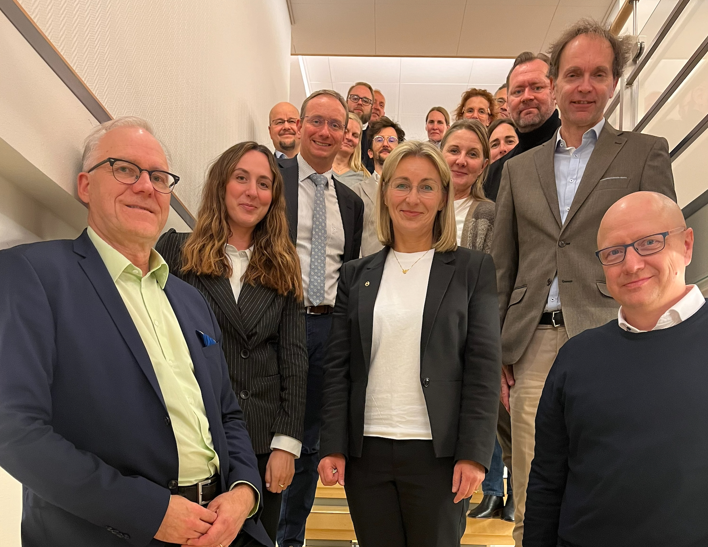Regional innovation governance: key learnings

The Policy Learning Platform conducted a peer review for the Regional Council of Päijät-Häme in Lahti, Finland, held on 17-18 October 2023.
The Regional Council of Päijät-Häme was looking for inspiration to update its regional innovation governance. Two questions were addressed by the peers.
Current state of affairs
The Regional Council of Päijät-Häme is currently updating its S3 and wanted to learn from the experience of other European regions to build a more inclusive and continuous innovation governance around a common vision of the future.
Regional innovation governance refers to all the processes of interactions among various players that together determine the priorities, strategies, activities, and outcomes in research and innovation at the regional level (read our policy brief on regional innovation governance).
Peers from across Europe
Alongside Thorsten Kohlisch, Laura Varisco, and Arnault Morisson, from the Policy Learning Platform, six excellent peers participated in the peer review:
- Ainhoa Arrona, Orkestra, Basque Institute of Competitiveness, Spain
- Artur Bobovnicky, Slovak Innovation and Energy Agency, Slovakia
- Esa Kokkonen, The Baltic Institute of Finland, Finland
- Juan Carlos Martinez Barrio, European Centre for Innovation and Business, CEEI-Burgos, Spain
- Luc Hulsman, Northern Netherlands Alliance, The Netherlands
- Marta Martorell, i2cat Foundation, Catalonia, Spain
The peers shared their experiences and provided tailored policy recommendations for ways of tackling Päijät-Häme’s policy challenges.
They provided the host with valuable insights, know-how, and practical suggestions for solving the challenges presented above.
One of our peers, Artur Bobovnicky, shared the following.

Interreg Europe is one of the best ways to increase knowledge through learning and sharing. I didn’t know the peer review process and what to expect, and for me, it has been another marvellous experience with Interreg. This is like ‘one level up,’ a ‘sharing of the sharing,’ and it is like a multiplier effect. I have learned from the peers and from the host. I would like to repeat the experience.
Our recommendations
- Build on the Finnish tradition with a bottom-up and informal approach to operational governance. When necessary, establish ad-hoc informal groups led by key regional actors. These groups should aim to respond to specific objectives, such as cluster road mapping, future visioning, piloting initiatives, scouting for trends, or actively participating in the S3 design process (see for instance, the Cluster Stakeholder Working Group (CSWG) in Slovakia).
- Being informal and favoring an open innovation approach still requires a lot of facilitation. Facilitation demands resources and capacity-building. The operational governance must be driven through a shared facilitation approach involving stakeholders (co-ownership). Engage local universities, knowledge organizations, large companies, and intermediaries that are trusted and accepted in the region—not one facilitator but many that are together driving the process.

Peer review publication
Find more information on the methodology and experiences of previous beneficiaries in our publication.

Apply for a peer review
Start your peer review application process today and find solutions to your policy challenge with our expert and peers!

